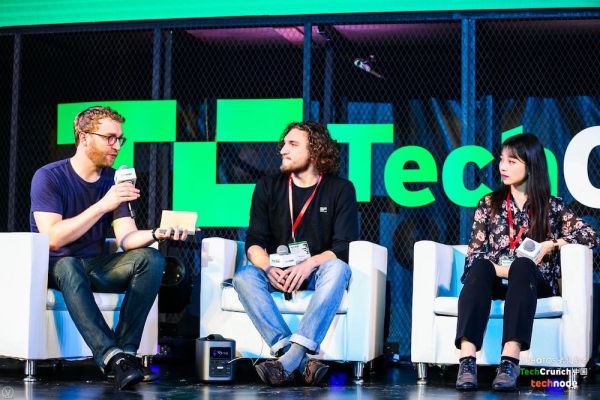Shenzhen has been called China’s Silicon Valley (or at least one of its Silicon Valleys). A panel on hardware startups at TechCrunch Shenzhen took a stab at explaining why.
“There’s a new startup model coming out of Shenzhen,” said Eli Harris, whose startup Ecoflow is building the River Mobile Power Station. The city’s history as “the land of OEM manufacturers” has created a foundation of manufacturing knowledge to draw on, so coming to Shenzhen allows startups to embed themselves “deeply in their supply chain.”
Sandy Diao, Indiegogo’s director of strategic programs, echoed Harris’ comments, declaring, “All roads do lead back to Shenzhen.” While most of the successful campaigns in the first waves of crowdfunding were launched from the United States and Europe, Diao said the founders inevitably came to Shenzhen to figure out how to turn their products a reality.
In Diao’s view, companies in Shenzhen are also “redefining innovation” because they’re figuring out how to take high-end electronics like fancy cameras and gimbals and produce them cheaply and quickly, making them affordable to a new set of consumers.
That doesn’t mean startups should only build a team in Shenzhen. Diao, for example, noted that being based here includes a risk of being “so far from your customers.” That could lead to products designed entirely based on “big market data,” rather than a deep understanding of what customers are looking for.
“Wherever you’re based, you have to talk to your customers,” she said.
Similarly, Harris suggested that companies could treat their Shenzhen team as more of a satellite office. If, instead, the CEO is spending all their time working with manufacturers, they’re probably focusing “too much on technical development and less on market feedback.”
Diao and Harris were joined by Mokacam‘s Raymond Wong and crazybaby‘s Allen Wang — Diao noted that the startups on-stage were all members of the “million-dollar club,” with projects that have raised more than $1 million on Indiegogo.
During the panel, TechCrunch’s Devin Coldewey wondered about the dividing line between having ambitious goals for your product and raising funding for something that will never become a reality.
In response, Wong noted that his team won’t promote a product until it has a prototype that’s “working well” and was created at a reasonable cost. In other words, they’ll wait until they’ve shown that it’s possible, at least, that a product could become real and commercially viable.
